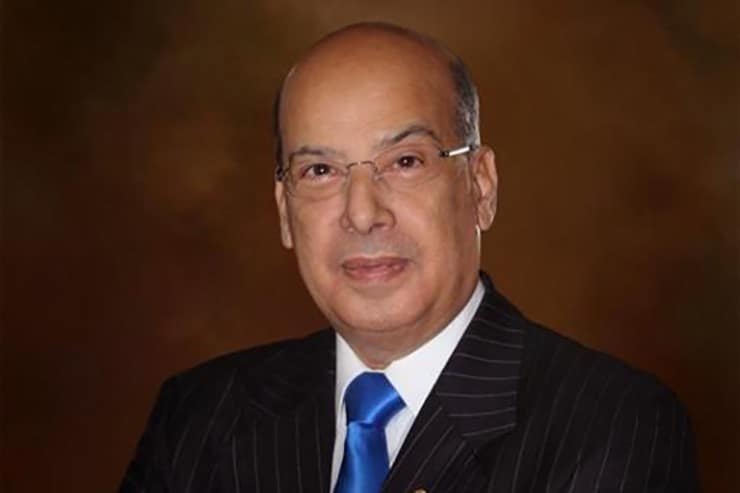The concept of a ‘rules-based international order’ has long been a cornerstone of global diplomacy, yet the reality has always been that power dictates the rules. Sir Ronald Sanders, Ambassador of Antigua and Barbuda, argues that the current global landscape reveals a stark truth: power is no longer concealed behind diplomatic niceties but is exercised openly and unapologetically. This shift has profound implications for small states, whose sovereignty is increasingly fragile in the face of dominant powers. From trade negotiations to climate change agreements, small nations have often found their voices ignored, their pleas for fairness dismissed. The Caribbean Community (CARICOM), once declared a Zone of Peace, now faces external military intrusions justified under the guise of security, eroding the region’s sovereignty. The paradox for small states lies in their dependence on international law, which is often disregarded by powerful nations. Sanctions, trade restrictions, and underfunded human rights mechanisms further marginalize these countries. Ambassador Sanders warns that the so-called ‘new world order’ is merely the unmasking of an old hierarchy where might makes right. For small nations, sovereignty may soon be reduced to managing domestic affairs without offending powerful interests. However, the response must not be despair but a steadfast commitment to the principles of law and justice. The Caribbean’s security and prosperity have historically benefited from partnerships with larger democracies, and these alliances must remain grounded in respect for international law. The challenge is not to submit to a power-dominated order but to prevent the old hierarchy from becoming permanent. When law is silenced, equity collapses, leaving the powerless at the mercy of the powerful. Caution and courage are now essential for small states to navigate this precarious landscape.
COMMENTARY: A New World Order—or the formal admission of the Old?
